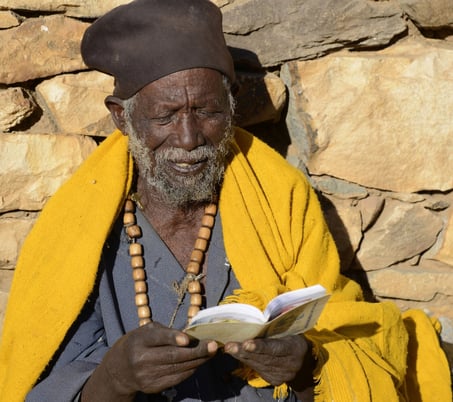Spiritual Legacy
Understanding the Spiritual Legacy: Early Hebrews, Essenes, and the Desert Fathers
Batyah
9/11/20242 min read


Introduction
The early Hebrews, Essenes, and the Desert Fathers represent significant strands in the tapestry of religious and spiritual thought. Each group stemmed from diverse backgrounds, yet they shared common elements in their expressions of faith and spirituality. This exploration sheds light on their similarities and differences, and discusses why the lessons derived from their lives remain pertinent in today’s society.
Similarities Among the Groups
Despite their unique contexts, the early Hebrews, Essenes, and the Desert Fathers exhibited notable similarities. First and foremost, they all sought a more profound connection to the Divine. The early Hebrews established a covenant with God, adhering to a moral and ethical framework that governed their lives. Similarly, the Essenes emphasized purity and asceticism, striving for spiritual enlightenment through strict communal living and rigorous observance of the Law.
The Desert Fathers, too, embodied this quest for spiritual depth. They retreated into the wilderness to engage in contemplation, prayer, and ascetic practices aimed at achieving spiritual perfection. These shared aspirations highlight a universal pursuit of a deeper relationship with God, transcending time and cultural barriers.
Differences in Approach
While their goals may have converged, the methods employed by these groups significantly diverged. The early Hebrews were primarily focused on community and societal laws, as their identity was rooted in their collective experiences and historical narratives. Their spirituality was often intertwined with national identity and cultural practices.
Contrarily, the Essenes adopted a more separatist approach. They established their community at Qumran, fostering a lifestyle that distanced themselves from the perceived corruption of mainstream Jewish practices. Their strict discipline and emphasis on esoteric knowledge set them apart, as they believed that only through a rigorous life of study and purity could true salvation be attained.
The Desert Fathers further differentiated themselves through their ascetic lifestyle, often embracing solitude as a means to spiritual enlightenment. Their experiences in the desert emphasized an individualistic pursuit, marked by personal encounter with the Divine, meditation, and self-denial.
Relevance in Today's Society
Considering contemporary society's fast pace and its often overwhelming distractions, the teachings and lifestyles of these ancient groups hold significant relevance. The early Hebrews' sense of community advocacy resonates today, encouraging collective efforts toward social justice and moral accountability. The Essenes remind us of the importance of intentionality and purity in our pursuits, urging us to seek avenues that promote spiritual and ethical wellness amidst the clamor of modern life.
Lastly, the Desert Fathers' emphasis on solitude and contemplative practices speaks volumes in our digitally connected world. Their model promotes introspection and a deliberate turn away from external chaos, reminding us of the value of silence and stillness in cultivating a meaningful spiritual life.
In conclusion, the interplay of similarities and differences among the early Hebrews, Essenes, and the Desert Fathers enriches our understanding of spirituality and community. Their ancient wisdom serves not only as a historical reference point but as a guiding beacon for individuals today as they navigate their paths of faith and morality.
More to come...
Batyah